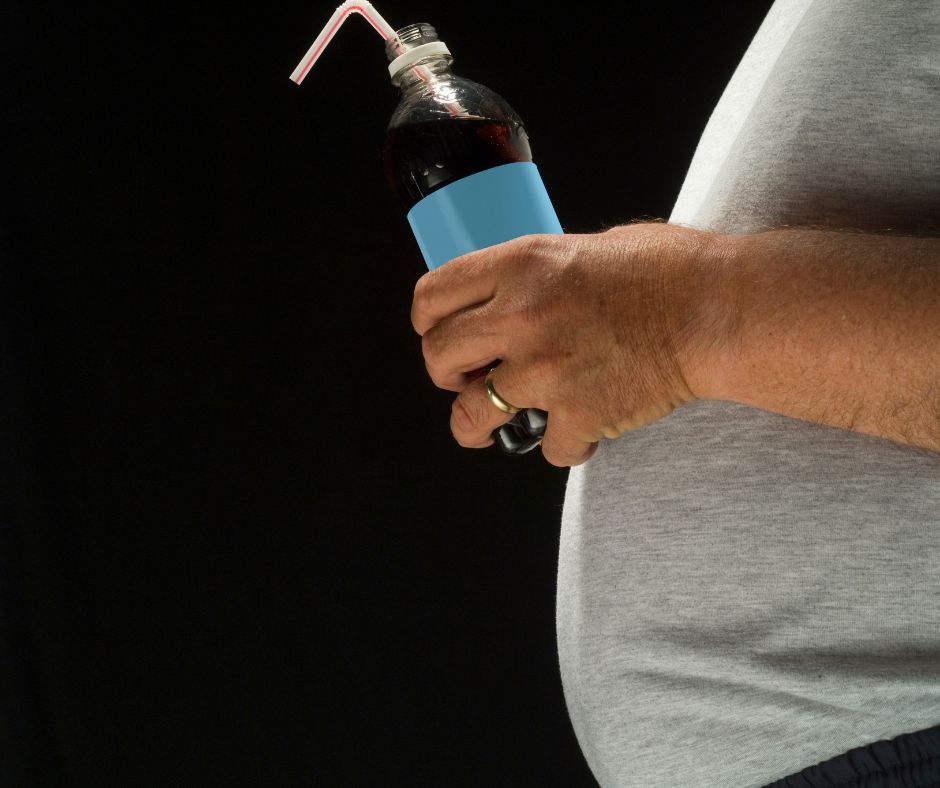Diet Soda and Increased Food Cravings
- Monday, October 28th, 2024 12:00 pm

For many, diet soda is seen as a healthy alternative to sugary beverages. It offers a sweet, bubbly taste without the calories. However, recent research suggests that consuming diet soda may be linked to increased food cravings, particularly for sweet and high-calorie foods. Let's explore this connection and what it might mean for your health.
The Sweet and the Sour
The main ingredient in diet soda is artificial sweeteners, which provide the sweetness of sugar without the calories. While this seems like a win-win, some studies indicate that these sweeteners can disrupt the body's natural response to sweetness. When you consume something sweet, your body expects calories to follow. When this doesn't happen, it can lead to confusion in your body's hunger signals.
Increased Cravings for Sweet Foods
Research has shown that artificial sweeteners can enhance your taste for sweetness, making you more likely to crave sweet and high-calorie foods. This is because the sweeteners in diet soda can trick your taste buds, making your body crave the sugar it thinks it's missing. This can lead to increased appetite and, in some cases, overeating.
Impacts on Metabolism
Some studies suggest that artificial sweeteners may also interfere with metabolism, potentially causing issues with insulin sensitivity and glucose tolerance. This could further complicate your body's ability to regulate hunger and satiety.
What Can You Do?
While diet soda may seem like a healthier alternative to regular soda, it may not be the best choice for everyone. If you're concerned about food cravings or your overall diet, it may be worth reducing your intake of diet soda and other artificially sweetened products. Instead, try drinking water, herbal teas, or other unsweetened beverages.
Conclusion
Diet soda has its appeal, especially for those looking to cut back on sugar and calories. However, the potential link to increased food cravings suggests that moderation is key. Being mindful of how your body responds to artificial sweeteners can help you make more informed choices about your beverage consumption and overall diet.
